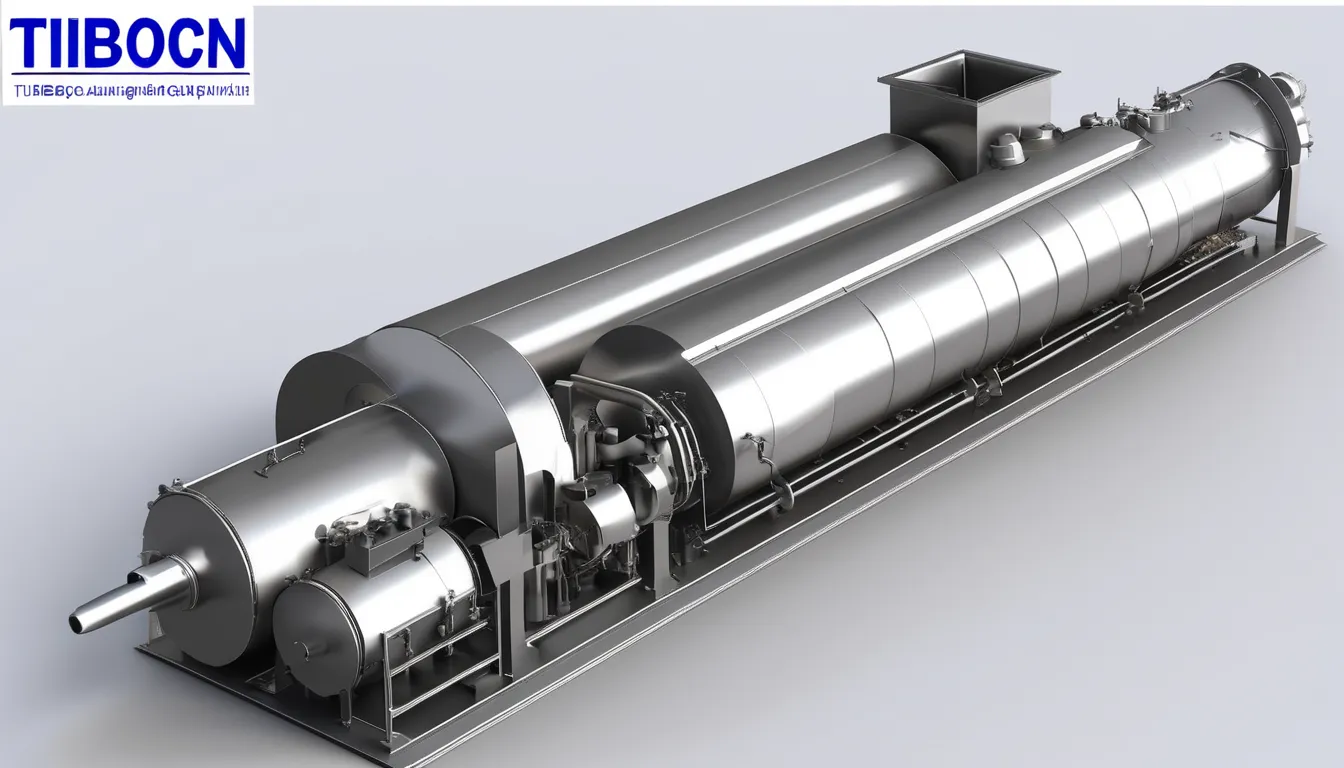When you’re involved in turbo expander manufacturing, understanding quality assurance is vital for ensuring reliability and performance. You’ll want to focus on several key areas, like material selection, advanced manufacturing techniques, and rigorous testing processes. Each aspect plays a critical role in reducing defects and meeting industry standards. But what specific criteria should you prioritize, and how can these practices impact your overall production efficiency? Let’s explore these questions to enhance your approach to quality assurance.
Importance of Quality Assurance
When it comes to turbo expander manufacturing, the importance of quality assurance can’t be overstated. You need to ensure that every component meets stringent standards to guarantee optimal performance. In your manufacturing process, quality assurance serves as a safeguard against defects that could lead to system failures or inefficiencies.
By implementing rigorous quality checks, you can identify issues early, saving both time and money. Moreover, maintaining high-quality standards builds trust with your clients. When you consistently deliver reliable products, you enhance your reputation in the industry, paving the way for repeat business and referrals.
You’ll find that customers are more likely to choose your products over competitors when they know quality is a priority. Additionally, quality assurance helps you comply with industry regulations and certifications, which can be essential for market access. It’s not just about meeting requirements; it’s about exceeding them.
Investing in a comprehensive quality assurance program will empower your team to monitor processes effectively and make informed decisions. Ultimately, you’ll create a culture of quality that drives innovation and long-term success in turbo expander manufacturing.
Material Selection Criteria
Selecting the right materials for turbo expander manufacturing is crucial to achieving optimal performance and durability. You need to consider several key criteria when making your choices.
First, evaluate the material’s strength and stiffness. It should withstand high pressures and rotational forces without deforming or failing.
Next, look at temperature resistance. Turbo expanders operate in extreme conditions, so materials must maintain their integrity at both high and low temperatures.
Corrosion resistance is another essential factor; materials exposed to gas or fluid can degrade over time, impacting efficiency and lifespan.
Weight is also important; lighter materials can enhance performance by reducing the overall mass of the turbo expander, but it shouldn’t compromise strength or durability.
Don’t overlook manufacturability; some materials can be challenging to machine or fabricate, which can lead to increased production costs and time.
Manufacturing Techniques
Efficient manufacturing techniques play a pivotal role in the production of Turbo Expander s, directly influencing their performance and reliability.
You’ll want to look for manufacturers that utilize advanced machining processes, such as CNC milling and precision grinding. These methods ensure that components are crafted to exact specifications, which is crucial for the assembly of turbo expanders.
Additionally, pay attention to the use of modern fabrication techniques like additive manufacturing. This approach can create complex geometries that traditional methods struggle to achieve, enhancing the overall efficiency of the turbo expander.
Welding and assembly processes are equally important. Opt for manufacturers that employ robotic welding and automated assembly lines, as these technologies improve consistency and reduce human error.
Lastly, consider the integration of lean manufacturing principles. This methodology minimizes waste and optimizes production flow, which can lead to faster turnaround times without compromising quality.
Testing and Validation Processes
After establishing robust manufacturing techniques, the focus shifts to testing and validation processes that ensure turbo expanders meet high-performance standards.
Testing is crucial for identifying potential defects and confirming that each component functions as intended. You should expect a thorough examination, including performance tests under various operating conditions. These tests simulate real-world scenarios to gauge efficiency and reliability.
Validation isn’t just about passing tests; it’s about establishing confidence in the product. You’ll want to see documented procedures that outline the criteria for success and the methods used to collect data. This ensures that the testing processes are repeatable and verifiable.
Pay attention to the use of advanced technologies, such as computer simulations and dynamic testing rigs, which can enhance accuracy.
Additionally, look for non-destructive testing methods that allow for thorough inspections without damaging the components.
Industry Standards and Compliance
Ensuring compliance with industry standards is vital in turbo expander manufacturing. These standards not only guarantee the quality and reliability of your products but also help you meet customer expectations and regulatory requirements.
You should familiarize yourself with key standards such as ASME, ISO, and API, as they provide comprehensive guidelines on design, testing, and safety.
It’s crucial to integrate these standards into your manufacturing processes from the very beginning. This means conducting regular audits, maintaining documentation, and providing training to your team. When your processes align with these standards, you reduce the risk of defects and ensure that your turbo expanders perform optimally.
Additionally, staying updated on any changes to industry standards is essential. Regulatory bodies often revise guidelines, and being proactive in adapting to these changes can give you a competitive edge.
Collaborating with industry organizations and participating in forums will keep you informed and connected.
Conclusion
In turbo expander manufacturing, prioritizing quality assurance isn’t just smart; it’s essential. By focusing on rigorous material selection, employing advanced manufacturing techniques, and implementing thorough testing, you can ensure optimal performance and reliability. Staying compliant with industry standards like ASME and ISO further strengthens your products. By paying attention to these key aspects, you’re not just meeting requirements; you’re setting your turbo expanders up for success in the field. Quality assurance truly makes all the difference.

